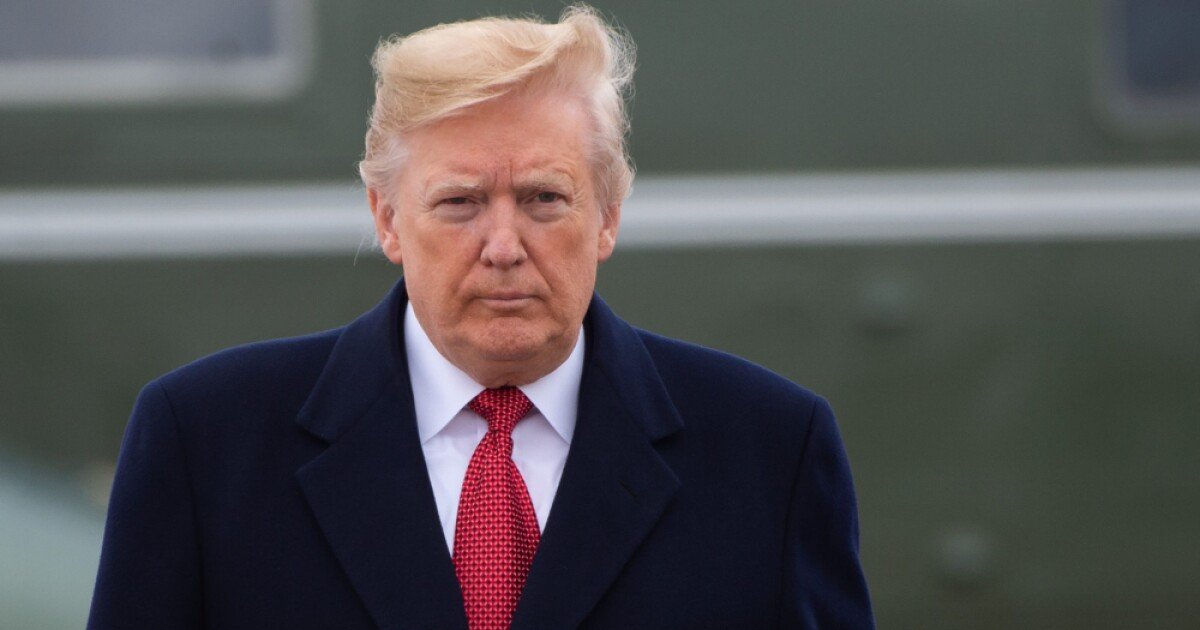US President Donald Trump on Tuesday signed a directive reinstating a “maximum pressure” campaign on Iran ahead of a meeting with Israeli Prime Minister Benjamin Netanyahu.
Trump voiced some reluctance in signing the memo, telling reporters in the Oval Office that he was “torn” and “unhappy to do it.”
“Everybody wants me to sign it. I’ll do that,” Trump said. “Hopefully, we’re not going to have to use it very much.”
Trump said he is open to making a “deal” with Iran over its nuclear program.
“Maybe that’s possible, or maybe it’s not,” he said. “With me, it’s very simple — Iran cannot have a nuclear weapon.”
The comments suggest Trump’s Iran policy is still in flux, with some in his administration viewing Tehran’s weakened regional position as an opportunity to start talks over its nuclear program.
More hawkish members of the administration, along with some in Israel’s leadership, view this weakness as an opportunity to apply more pressure and possibly conduct airstrikes, with the goal of neutralizing Iran’s nuclear program and destabilizing, or even toppling, the regime.
Show or Substance?
In response to news that Trump would sign the order, benchmark crude prices spiked nearly $2 per barrel, erasing earlier losses. They settled the day mixed, with Brent up 24¢ at $76.20/bbl and US West Texas Intermediate down 46¢ at $72.70/bbl.
The presidential memorandum directs the US Treasury to impose maximum pressure through sanctions and greater enforcement but did not apply new measures.
All of the sanctions from Trump’s first-term maximum pressure campaign are still in place.
Former US President Joe Biden added to them, but Iran’s oil exports ballooned due to successful circumvention networks and ready buyers in China. Critics also accused the Biden administration of lax enforcement to avoid dislocating oil markets after Russia’s invasion of Ukraine.
The challenge Trump faces is that Iran’s oil now trades almost entirely in the shadows, in a key difference from his first term.
In order to drive down Iranian oil exports, Trump would need to either coerce or secure cooperation from China, which buys the great majority of Iran’s crude sales.
Last year, Iranian exports averaged about 1.7 million barrels per day, according to estimates.
Still, the order could have an additional chilling effect on Iran’s oil trade.
Energy Intelligence understands that many Chinese refiners already had become more wary of buying Iranian crude after new US sanctions were imposed on a slate of tankers in December.
The US’ new Stop Harboring Iranian Petroleum (Ship) Act also came into effect in October, extending primary and secondary sanctions to foreign ports, shippers and refineries that “knowingly” process, purchase, transport or conduct ship-to-ship transfers of Iranian oil.
Mixed Views
While market consensus has been that Trump would return to a tough sanctions campaign on Iran, the president in recent comments appeared to be leaning into the prospect of a deal that would prevent Iran from getting a nuclear weapon.
Speaking on Fox News on Jan. 23, Trump said that “the only thing I have said about Iran is that they can’t have a nuclear weapon.”
Asked the same day whether he supported striking Iran’s nuclear facilities or Israel striking them, Trump replied: “It would be really nice if that could be worked out without having to go that further step,” adding that “Iran hopefully will make a deal, and if they don’t make a deal, I guess that’s okay too.”
Trump’s Mideast adviser, Steve Witkoff, who helped seal the Gaza ceasefire and may play a role in Iran, is seen as amenable to diplomacy. Some other Trump appointees have stressed the importance of avoiding a wider Mideast war over Iran.
But others, including Secretary of State Marco Rubio, National Security Adviser Mike Waltz and deputy envoy for the Middle East Morgan Ortagus, are viewed as traditional Iran hawks.
Rubio was a co-sponsor of the Ship Act, while Waltz in December called for a return to maximum pressure.
